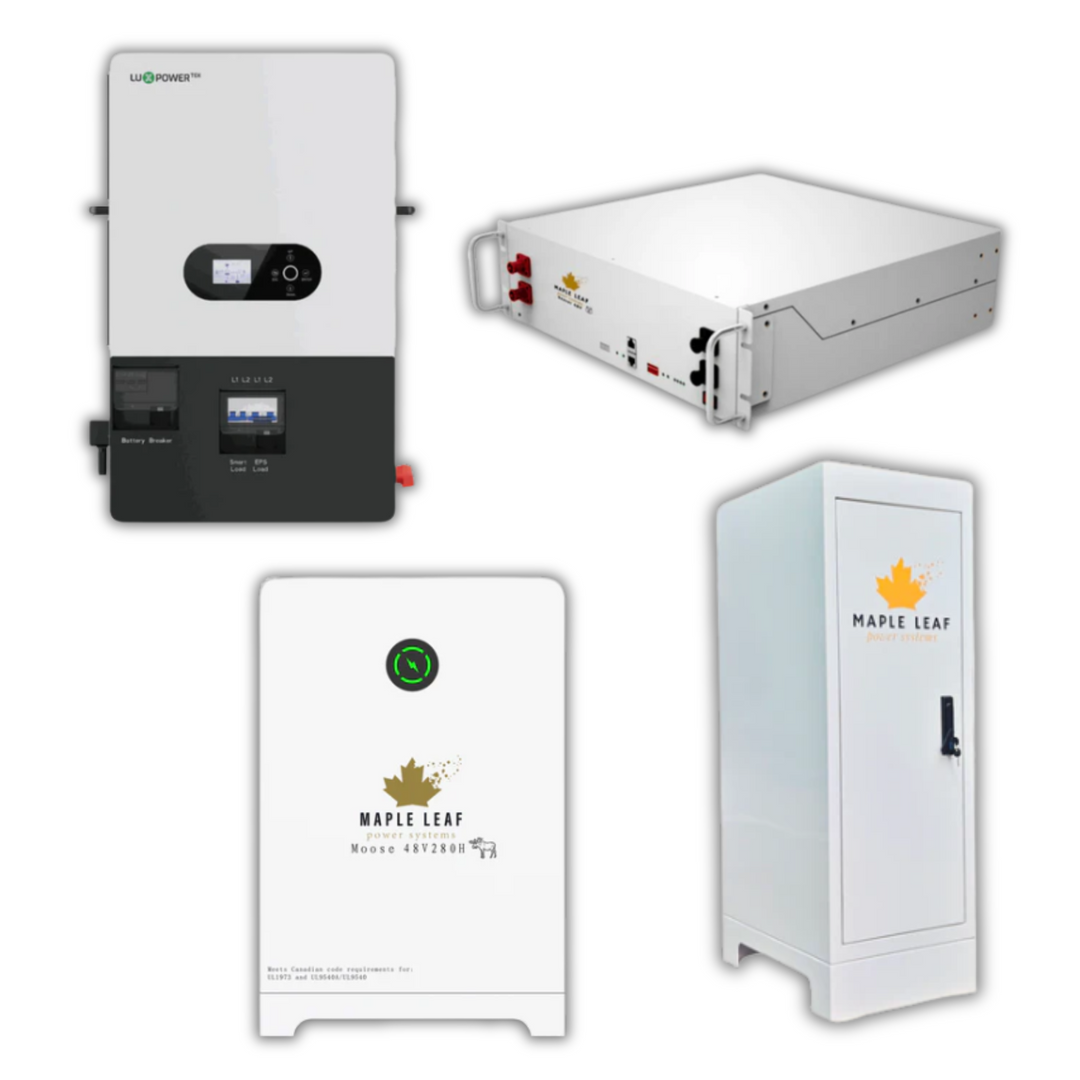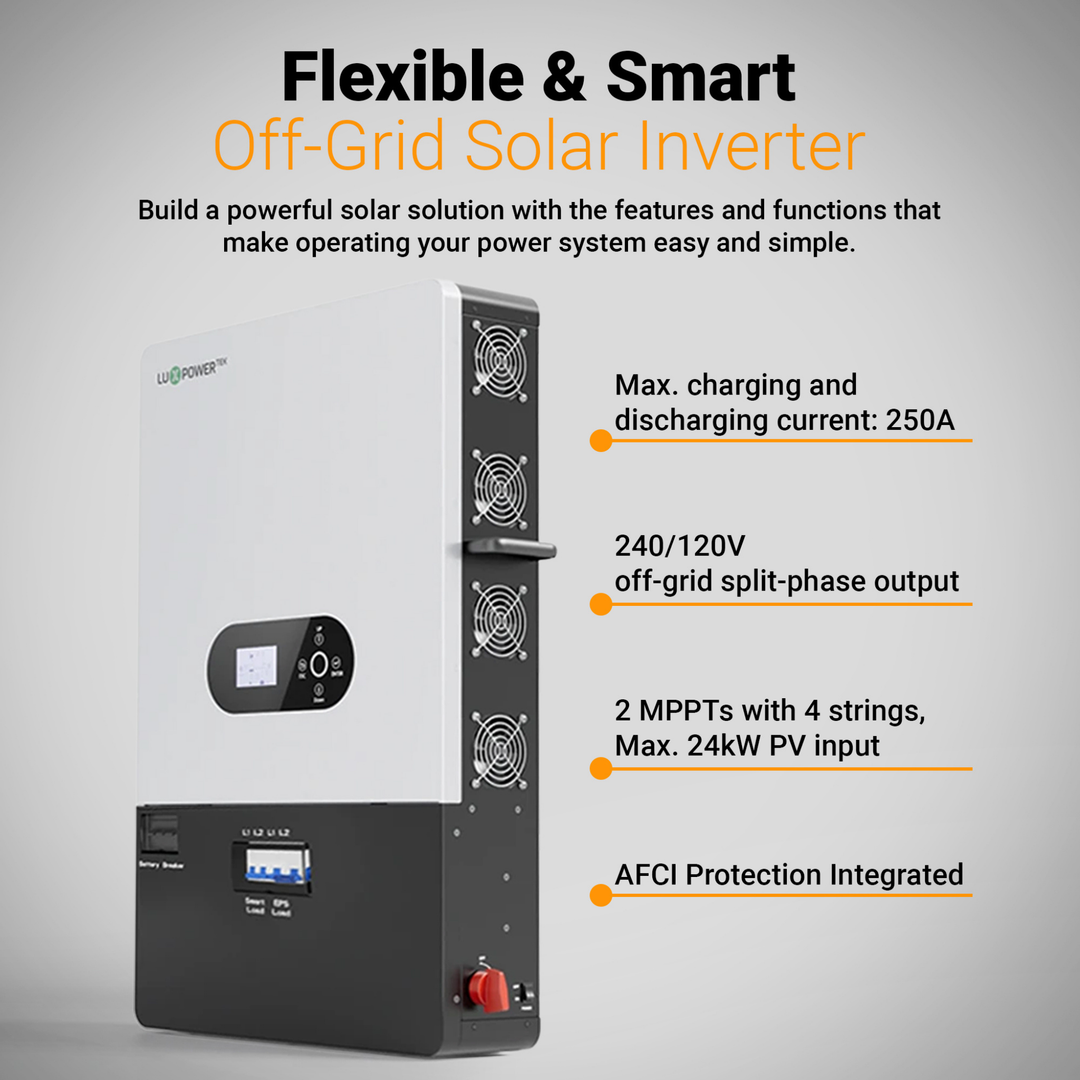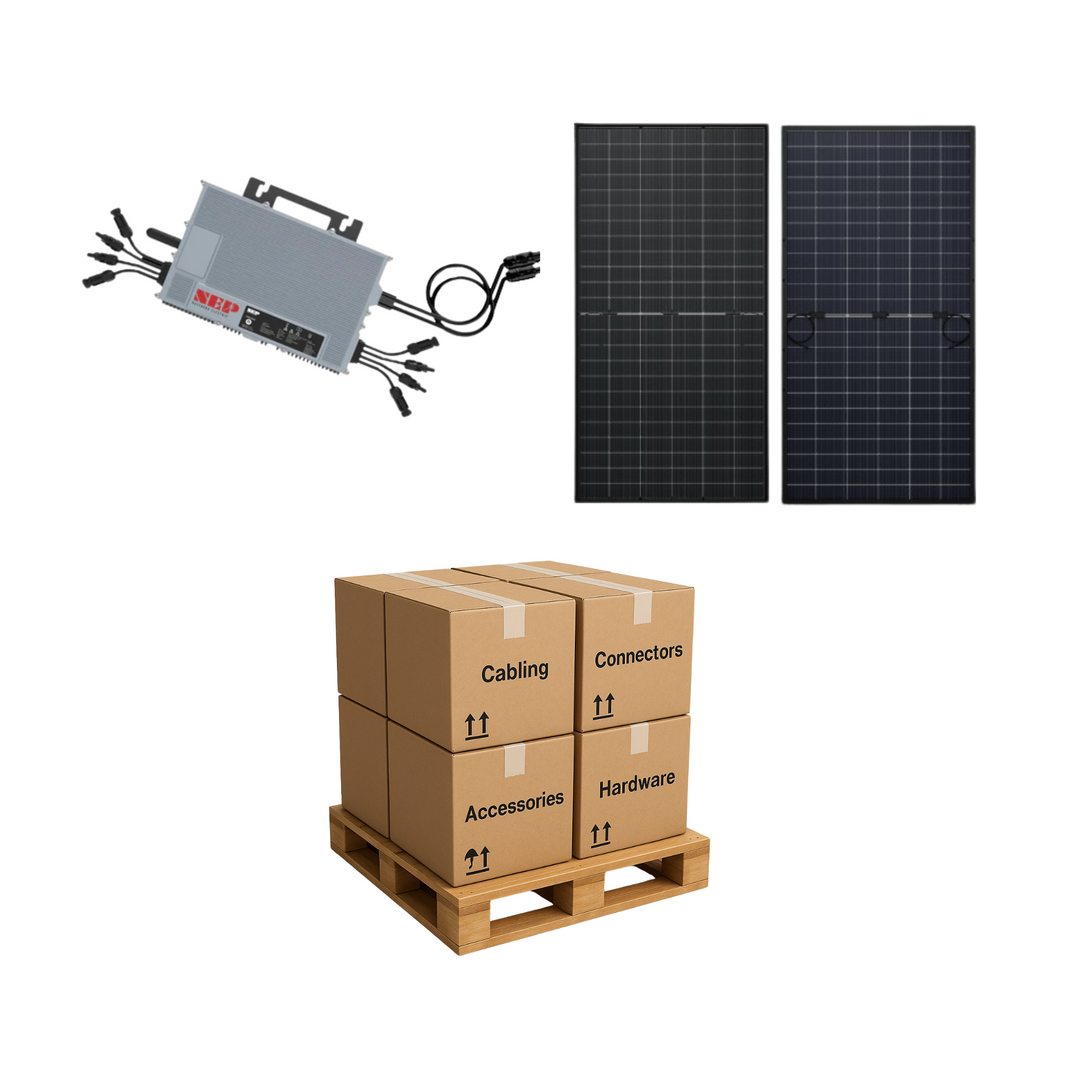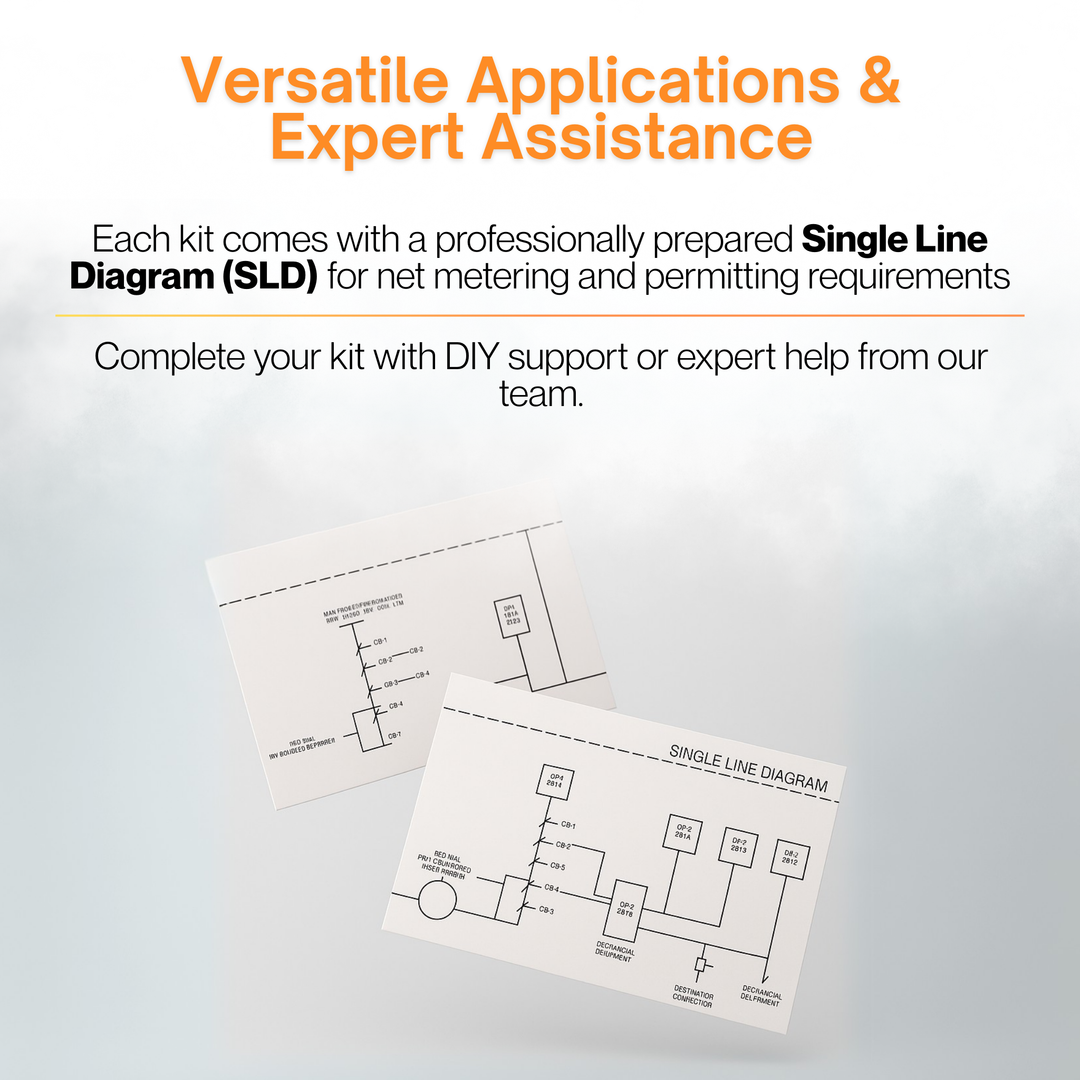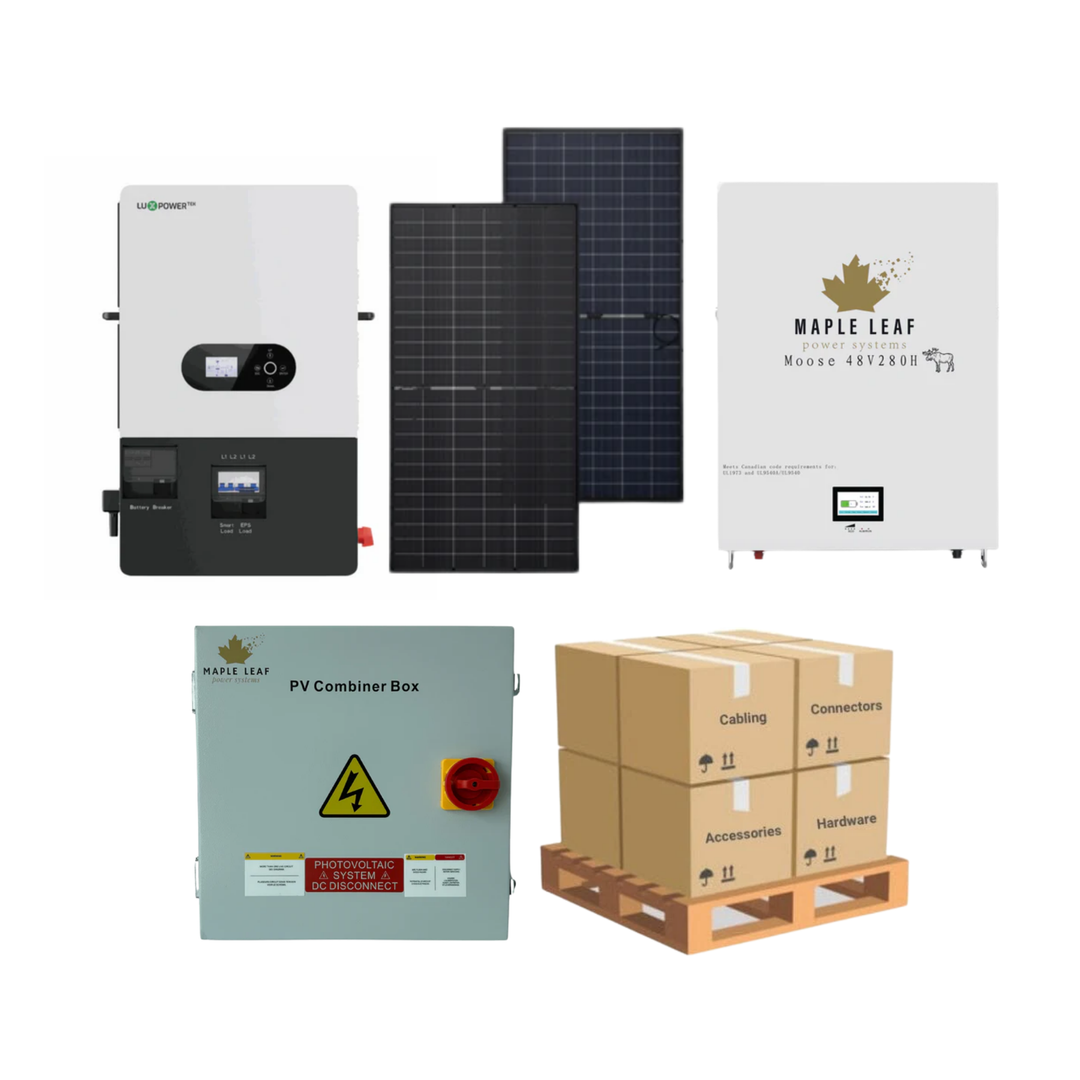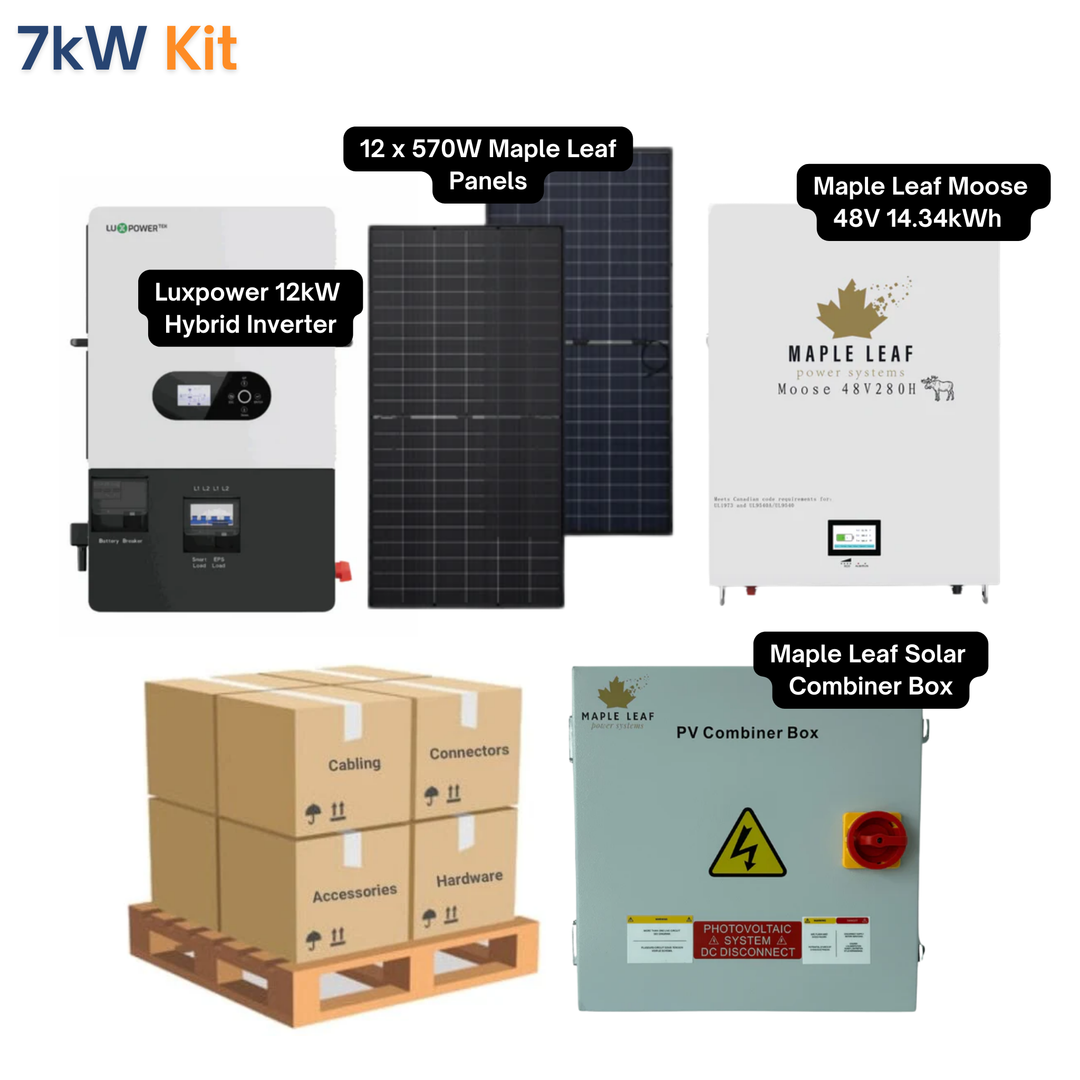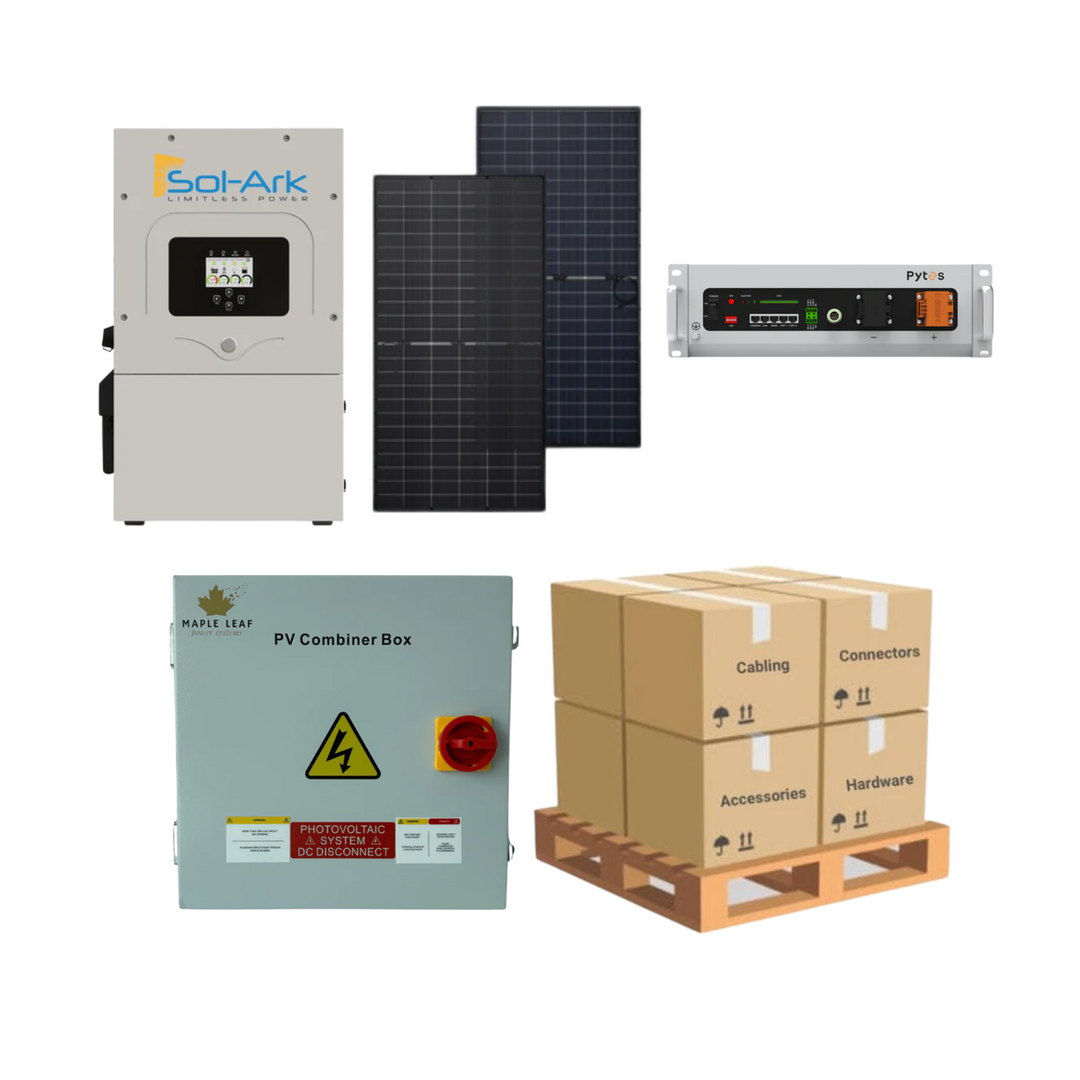Why Choose Solar Energy for Your Home

Solar Power Store's Commitment
We will work with you to design a customized solar installation plan that fits your specific requirements and meets all ESA and CSA code requirements. We take care of all communications with your hydro company, help with the permitting process, and even match you with the best installer for the job.
Schedule a consultationResidential Incentives & Rebates
1. Canada Greener Homes Loan: offering interest-free financing in additional to the Canada Greener Homes Grant to help you complete some of the more major retrofits recommended by your energy advisor.
- Up to $40,000 loan, with a repayment term of 10 years interest-free
2. Canada Greener Homes Grant: the federal government’s grant encourages home owners to make energy efficient updates, creates new job and grows Canada’s domestic green supply chain.
- Grants available of up to $5,000 for upgrading heaters, installing solar panels, and replacing windows and doors.
- EnerGuide Evualuations (up to $600) and expert advice
- Recruitment and training of EnerGuide Energy Advisors
3. Home Efficiency Rebate Plus: Enbridge Gas and the Canada's Greener Homes Grant have joined forces to offer discounts for qualified renovations, such as renewable energy systems.
- Both non and current Enbridge Gas customers who rely on natural gas for heating, can receive increased rebates of up to $10,000.
- Moreover, participants can reduce the expense of their EnerGuide home assessment by an additional $600 through a rebate.
There are many other incentives and rebates specific to cities and provinces, click below to visit our detailed Canadian Solar Incentives page!
Learn More
Choosing the Right Residential Solar System

Battery Storage
- Backup power during outages: Battery storage allows homeowners to store excess solar energy generated during the day and use it during power outages or at night. This provides backup power for critical appliances and lights, enhancing energy resilience.
- Increased self-consumption: Battery storage enables homeowners to increase their self-consumption of solar energy, reducing reliance on the grid. By storing excess energy and utilizing it when solar production is low, homeowners can further maximize their energy savings.
- Choosing the right battery: Different types of batteries, such as lithium-ion and lead-acid, are commonly used in residential solar systems. Factors to consider include energy density, lifespan, scalability, and specific performance requirements.
- System integration and cost considerations: Adding battery storage involves additional components, such as a battery inverter and monitoring system.
Homeowners should consider the upfront investment, ongoing maintenance, and potential financial incentives or rebate programs that can offset costs.
Shop BatteriesInverter Options
Inverters convert the direct current (DC) electricity generated by solar panels into usable alternating current (AC) electricity for household appliances and the grid.
- String inverters: These cost-effective inverters are typically installed at a centralized location, converting the DC power from multiple solar panels connected in series into AC power. They are known for their reliability, efficiency, and ease of maintenance.
- Microinverters: Installed on each individual solar panel, microinverters optimize performance by converting DC power directly at the panel level. This setup allows for individual panel optimization, minimizing the impact of shading or performance issues on the overall system output.
- Power optimizers: Power optimizers are installed at the module level and maximize energy harvest from each panel. They provide module-level power tracking, allowing for flexibility in panel orientation and mitigating the impact of shading.

Not exactly sure what to buy?
No worries at all, schedule a free call with our team at Solar Power Store, and our experts will be glad to help you out with any product related questions.
Book a free callThe Installation Process

A. Site Assessment
- A thorough site assessment is crucial to determine the suitability of the property for solar installation.
- Factors such as roof orientation, shading, available space, and structural integrity are evaluated to ensure optimal solar panel placement.
- The assessment helps identify any potential obstacles or considerations that may impact the system's performance, such as nearby trees or buildings.
B. Permits and Regulations
- Solar Power Store helps you deal with the necessary permits and comply with local regulations before initiating the solar panel installation process.
- Building permits, electrical permits, and interconnection agreements may be required, depending on the jurisdiction.
- We find you a professional installer which simplifies the permitting process, as they are familiar with the requirements and can handle the paperwork.


C. Installation Timeline
- The installation timeline for a residential solar system can vary depending on various factors, including system size, complexity, and weather conditions.
- Typically, the process involves multiple steps, including design, equipment procurement, permitting, and installation.
- The design phase involves customizing the system based on the property's specific needs, and equipment procurement ensures the availability of all necessary components.
- Permitting can take several weeks, as it involves submitting applications, waiting for approval, and scheduling inspections.
- The actual installation, which includes mounting the solar panels, wiring connections, and installing the inverter, usually takes a few days to a couple of weeks.
However, it's important to note that these timelines are general estimates, and each project's timeline may vary.
Have questions?Our Most Popular Solar Kits
